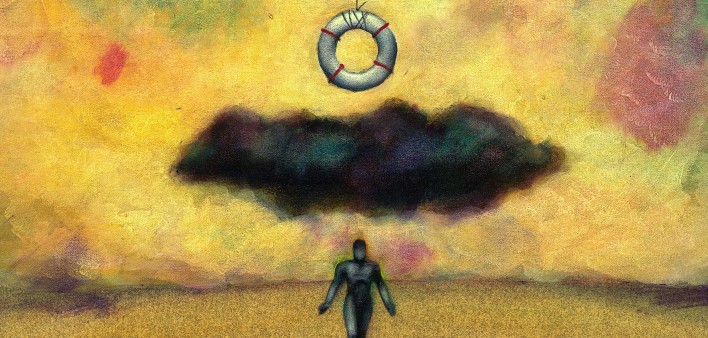People with HIV are more likely to miss key milestones in the HIV care continuum and also face a greater risk of death if they spend more time depressed, aidsmap reports.
Publishing their findings in JAMA Psychiatry, researchers conducted an observational study of 5,927 people who received routine care for HIV at eight U.S. clinics between 2005 and 2015. The cohort members received assessment for depression every six months.
The participants were followed for a cumulative 10,767 years and spent an average of 14 percent of that time with depression. Thirty-one percent of them had no depression and 4 percent were depressed for their entire follow-up period.
A total of 158 people died during follow-up, for an overall death rate of 15 per 1,000 cumulative years of follow-up. The cohort members missed 19 percent of their scheduled HIV clinic appointments during follow-up. Twenty-two percent of their viral load tests had a detectable result.
For each 25 percent relative increase in the proportion of follow-up days that the participants spent with depression, they had an 8 percent increased likelihood of missing a scheduled clinic appointment, a 5 percent increased likelihood of having a detectable viral load and a 19 percent increased risk of death.
Those who experienced depression during their entire follow-up period, compared with those who experienced no depression, had a 1.37-fold increased likelihood of missing appointments, a 1.23-fold increased likelihood of having a detectable viral load and a 2.2-fold increased risk of death.
To read the aidsmap article, click here.
To read the study abstract, click here.







Comments
Comments